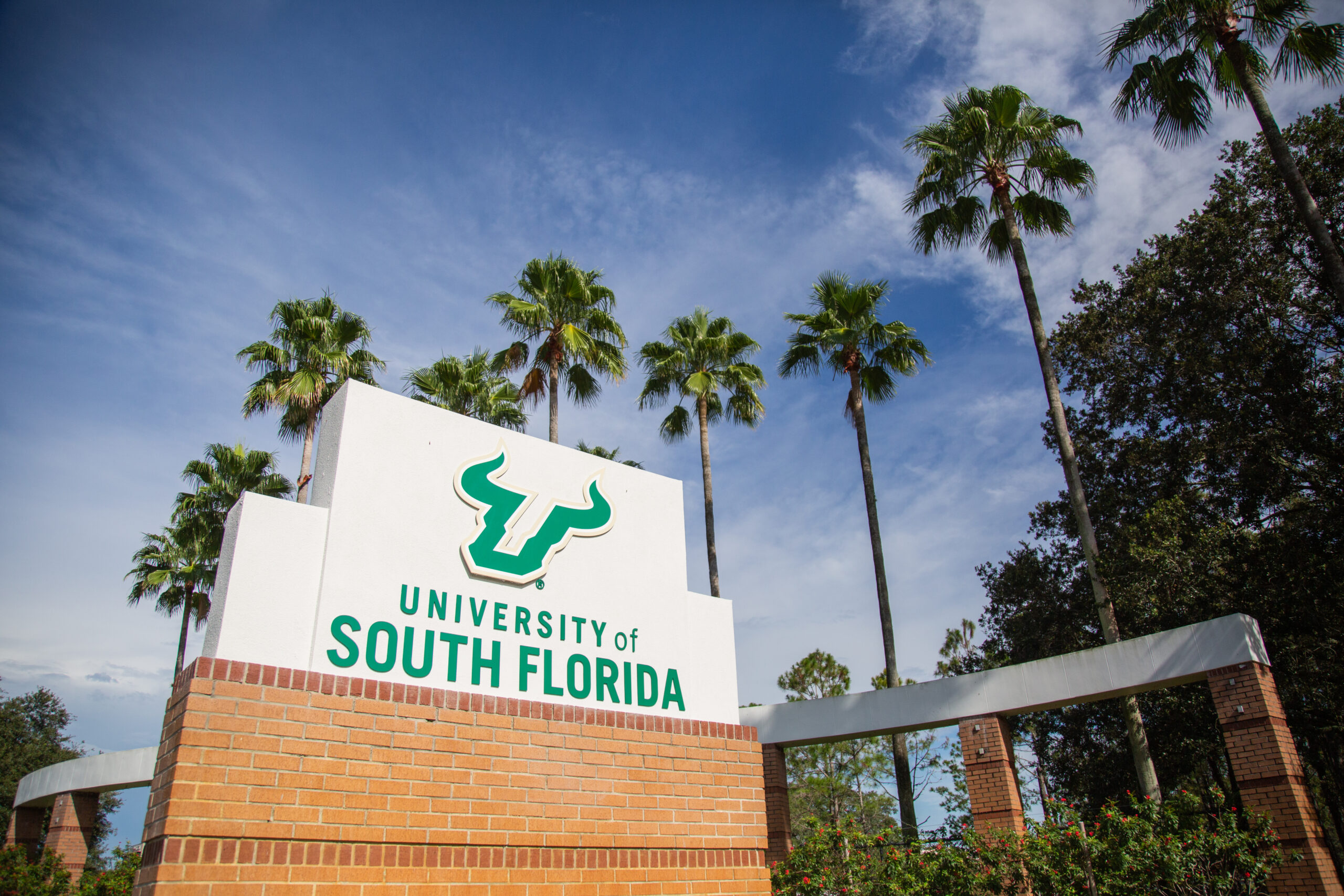Respectable raises are long overdue, faculty say

The United Faculty of Florida (UFF) is in negotiations with the university to raise wages for faculty, garnering the support of some faculty members that believe an increase is long overdue.
The collective bargaining process examines potential contracts that would decide what raises and bonuses faculty would receive in what is typically a three-year period, according to Brian Connolly, chair of the department of history. Connolly said the most recent agreement expired at the end of 2020.
“We’ve essentially been working without a contract for two years. And since we don’t have a contract and the negotiations have been going on, we haven’t had any raises at all since 2020,” he said.
“The raises were not all that large in the last contract … So two years into it and seeing other universities in the state university system get larger raises than we generally get has made faculty quite frustrated, especially in the context of the wild inflation right now.”
Neighboring universities have been seeing higher raises for faculty members across the state, according to Faculty Senate President Timothy Boaz, which was a key motivational factor for UFF to advocate for higher wages at USF. Faculty at UCF received an approximate 3.5% raise, compared to USF’s most recent contract in 2019 which included a 1.5% raise, Boaz said.
While both the university and UFF are interested in raising faculty wages, the percentage increase is the topic of debate. Connolly believes the university should meet the demands of UFF to show their appreciation for the continuous diligence and hard work faculty members exhibit on a day-to-day basis.
“We’re constantly told that we’re the fastest rising university in the United States, and we’re [high up] in the national rankings in public universities, and that’s all wonderful,” he said. “But we’re always told that that’s because of all the hard work that the faculty does, so in my opinion it shouldn’t be this hard to come to an agreement.”
Vice Provost James Garey said that negotiating a contract should accommodate the needs of both sides of the bargain, and the result should place a focus on fulfilling the needs of the USF community.
“Negotiations are a two way street in which there needs to be a balance between what the UFF requests, the needs of the faculty, and what is best for the University and its students. We are working toward that balance.”
Collective bargaining was originally intended to begin around August 2020, but Chief Negotiator and Chair of the Bargaining Committee for UFF Robert Welker said the university had to delay the process until December 2020.
Although UFF put its first stipulations on the table in December 2020, Welker said the university didn’t offer input until July. Since then, meetings have been taking place in an attempt to come to an agreement on the level of raises faculty should receive.
In the most recent negotiation session held Friday, UFF requested a $2,500 one-time bonus this year as well as a 6% raise next year absent of any contingencies, Garey said.
Garey said USF offered a three-year deal to the union. It consisted of a 1.5% one-time bonus for the first year, a 3.5% base pay raise in the second year with no contingencies and a 2% base pay increase in the third year which was contingent on USF possessing the funds to do so.
UFF countered the universities proposal during the final offer of the meeting, according to Garey. The union requested a $2,000 one-time bonus for this year and a 4% base pay raise in the second year, but didn’t request a third year. Garey said USF is currently reviewing the request and another negotiating session should be held within the coming weeks.
Negotiations could go on as long as both sides are in a disagreement, but Welker said if both parties find there is no hope in reaching an agreement, an impasse could be declared.
Offers from USF started low compared to the desired raise UFF was demanding when negotiations first began, as Welker said the university cited its lack of funds to accommodate for the raises.
“All we kept hearing [from USF] was ‘Well, we don’t have the money,’” he said. “What they gave us was a package which … was a bonus. Then they did away with the bonus and offered just a 1% [raise]. Then they said they would give us 1.5%, and then 2% in year two and in year three.”
This plan couldn’t be agreed upon, among other variables, due to the contingencies in place that the university would not have to give faculty the 2% raises in the final two years if they did not have the funds, Welker said.
“We knew they were going to be underfunded, so the promise was just like a pie in the sky because they could go ahead and say ‘I’m sorry, we were underfunded. We have to go back to the table and bargain’ after we have already given up the rest of the contract.”
With a lack of raises and solidified contracts comes reduced faculty loyalty, according to Connolly, as he said he thinks this overlong process has had an impact on the perceived value USF places on faculty members as well as the overall morale of the university.







